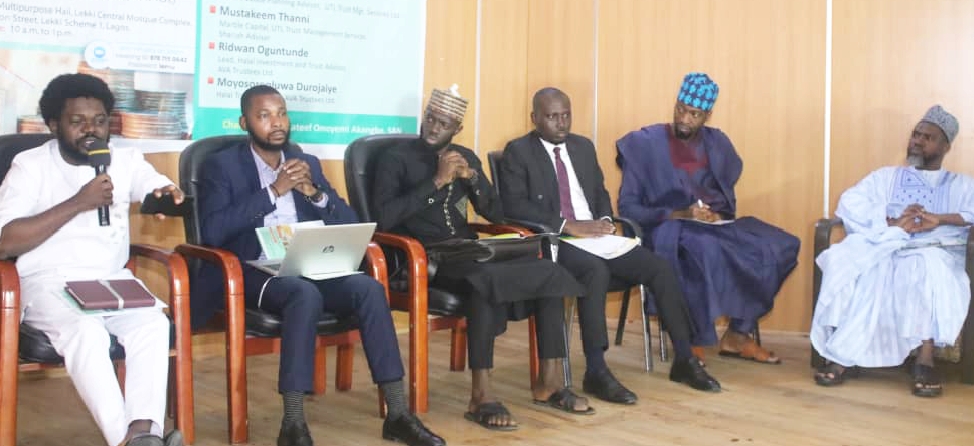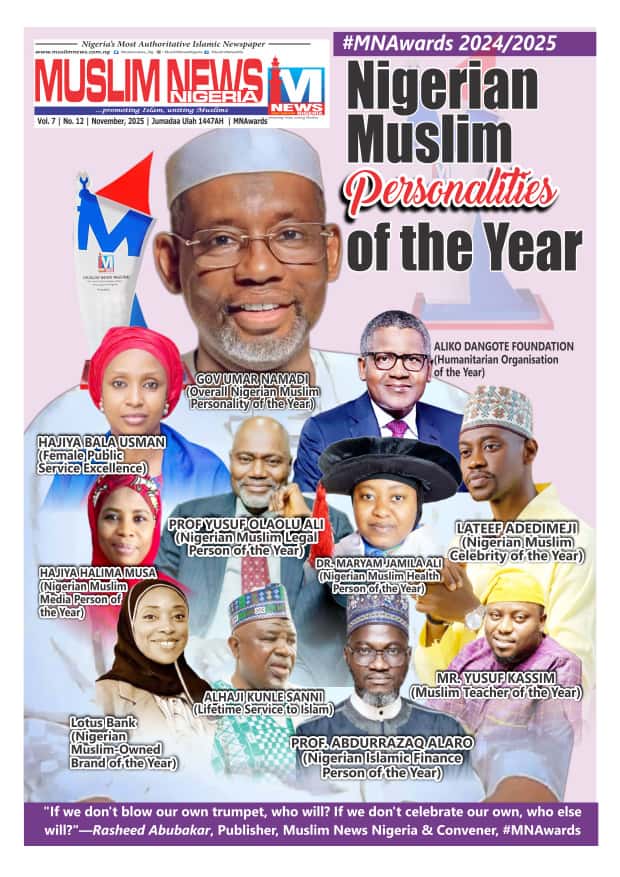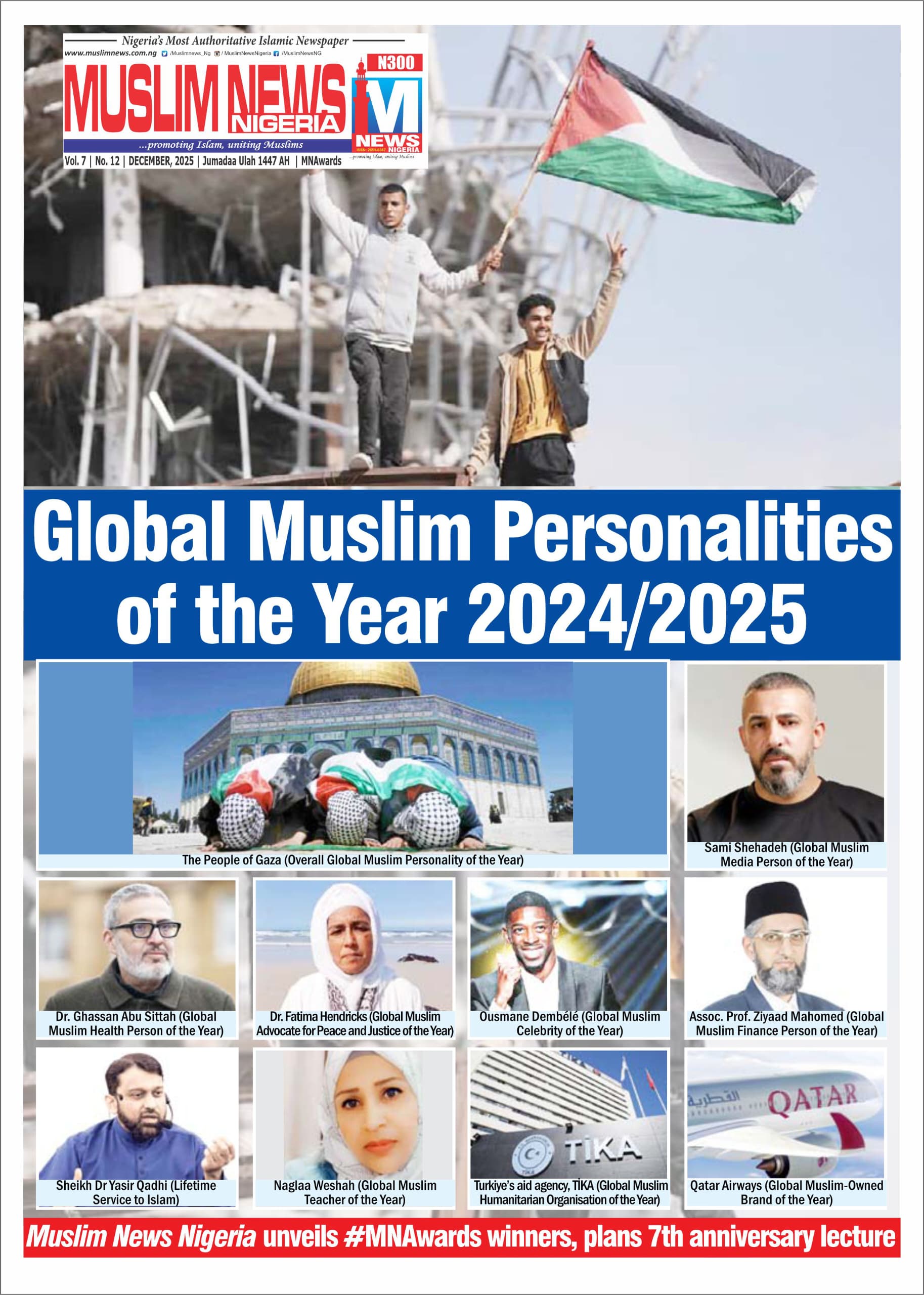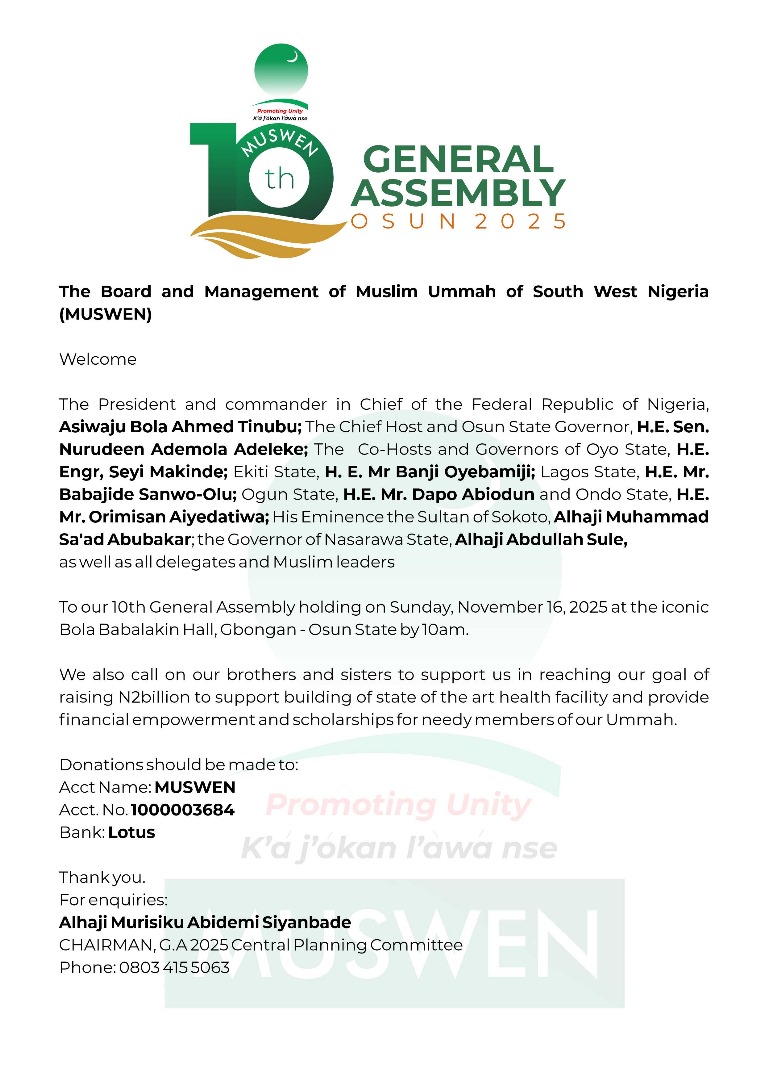* Estate planning, a religious duty, not mere legal formality: Sheikh Jamiu
A thought-provoking discourse on Shari’ah-compliant trust and inheritance planning took centre stage at the Quarterly Da’wah Workshop organized by the Lekki Muslim Ummah (LEMU) on Sunday, July 27, 2025.
Held at the Vice Admiral Jubrila Ayinla Multipurpose Hall, Lekki Central Mosque Complex, Lagos, the workshop attracted a diverse audience of Islamic scholars, legal, financial experts, and members of the Muslim community.
Delivering the lead paper titled “Shari’ah-Compliant Trust and Inheritance Planning: A Necessity for Muslims,” the Chief Imam of Lekki Central Mosque, Sheikh Ridwan Jamiu, emphasized the urgent need for Muslims to prioritize estate planning, not merely as a legal responsibility but as a religious and moral imperative.
Sheikh Jamiu highlighted that planning for one’s death is a clear Islamic injunction and recounted the sudden death of a medical doctor en route Sokoto as a reminder of life’s unpredictability.
“You don’t know how, when, or where you’ll die; but you must be prepared,” he warned.
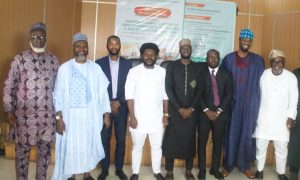
According to him, Prophet Muhammad (SAW) instructed that no Muslim with assets should sleep two nights without writing a will.
He lamented how some wealthy individuals die without any documentation, stating, “Some of us are billionaires and people don’t know because nothing has been documented. You should not pass two nights without a written will.”
Referencing Qur’anic verses including Surah Al-Munafiqun (63:9–11) and Surah An-Nisa (4:11–14, 178), Sheikh Jamiu issued a strong warning: “The shares are fixed. You cannot change them. If you tamper with Allah’s allotment, the punishment is severe.”
He went on to outline key tools in Islamic estate planning; will writing (wasiyyah), hibah (lifetime gifts), and three types of waqf (public, private, and commercial), clarifying that a waqf cannot be inherited and must be managed under specified terms by a trustee. He also introduced takaful as a permissible Islamic insurance model, cautioning: “Even if a company labels itself Islamic, verify its practices. Not all banks or products are genuinely Shari’ah-compliant.”
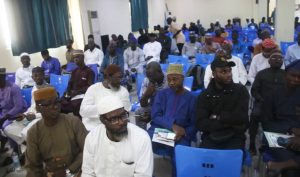
Stressing the non-material dimensions of inheritance, he said, “Succession planning begins with our children. What are they learning? What future are we preparing for them?” He ended on a reflective note: “The best legacy you can leave for humanity is righteous children,” followed by prayers for the families in attendance.
Legal luminary backs Islamic estate planning, urges proactive trust creation to avoid future disputes
Chairman of the occasion, Mr. Lateef Omoyemi Akangbe, SAN, followed with a seasoned legal perspective. He described trusts as more effective than wills, stating, “Let me tell you how I view trust. I tell my clients that setting up a trust is far better than distributing assets through a will.”
Citing personal experience, he said, “I’ve been involved in several legal battles over wills involving some of the wealthiest Nigerians. The more money there is, the greater the fight.”
He praised the initiative, calling it timely and necessary: “This is a good initiative. Knowledge is power, and Muslims must begin to take both Islamic and civil legal frameworks seriously when it comes to succession.”
Highlights of the workshop
The workshop featured a robust Q&A segment where experts addressed practical concerns about inheritance tools.
Responding to whether one can include non-heirs in a will, Dr. Ridwan Oguntade, Lead, Halal Investment and Trust Advisor, AVA Trustees Ltd, said: “Yes, Islam allows you to include individuals who are not automatic heirs in your will. Only you can set this up. That’s the power of the will – it allows for generosity beyond what Shari’ah stipulates for fixed heirs.”
On the question of using only a trust, he said: “Yes, that’s possible. A trust can be structured to include everyone you care about. It is personal, and how you design it depends on your objectives.”
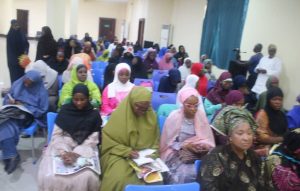
Islamic Estate planning Advisor with UTL Trust Mgt., Services Ltd., Mr. Adeseewo Agunbiade highlighted that the choice between waqf and hibah depends on the purpose: “If someone is planning their estate appropriately, they can choose between waqf (endowment) and hibah (lifetime gift). However, the objective behind your plan determines which route to take.”
He drew a key distinction: “What differentiates a family waqf from a conventional trust is perpetuity. A typical legal trust has a time limit, but an Islamic trust (waqf) is expected to last forever.”
When asked whether relying only on a trust contradicts the Prophet’s guidance, panellist Mr. Mustakeem Thanni from Marble Capital, UTL Trust Management Services Shari’ah Advisor, clarified: “The Prophet (SAW) indeed said that a Muslim should not sleep two nights without having a written will. But this does not mean you must choose between a trust and a will. In fact, they should complement each other.”
He added, “For instance, your will might say, ‘I owe so-and-so this amount,’ and your trust can then fulfill that instruction. A well-structured estate plan should ideally include both a trust and a will.”
Panellists concluded by defining estate planning as the comprehensive management and distribution of one’s wealth in life and after death, using Islamic tools. They underscored that the aim is not just asset transfer, but minimizing conflict and preserving harmony.
The event ended with glowing feedback from attendees, who appreciated the integration of legal acumen with spiritual guidance. The message was clear: estate planning is not just preparation, it is devotion.
As one participant noted, “It was not just a lecture; it was a wake-up call.”

